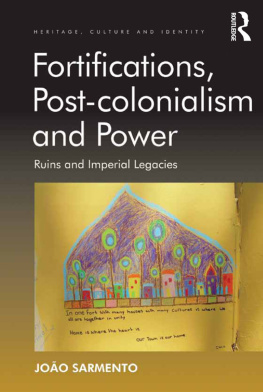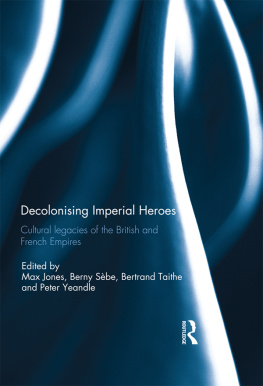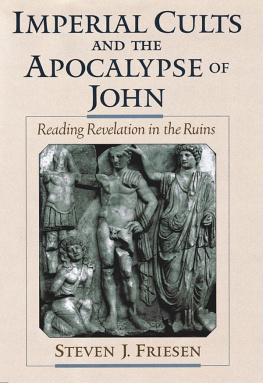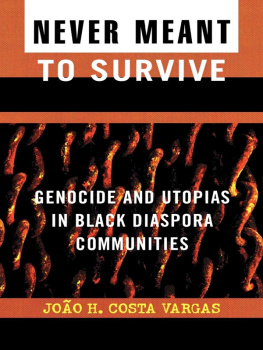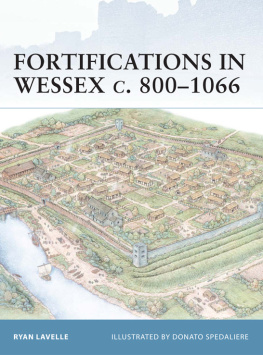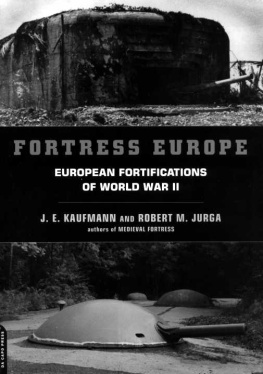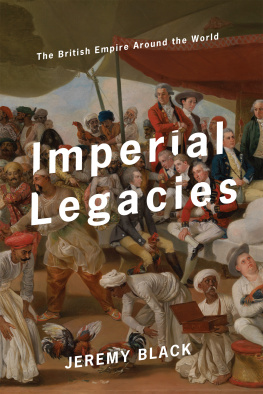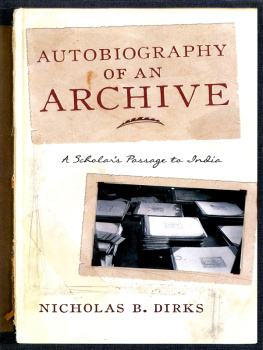João Sarmento - Fortifications, Post-Colonialism and Power: Ruins and Imperial Legacies
Here you can read online João Sarmento - Fortifications, Post-Colonialism and Power: Ruins and Imperial Legacies full text of the book (entire story) in english for free. Download pdf and epub, get meaning, cover and reviews about this ebook. year: 2011, publisher: Routledge, genre: Politics. Description of the work, (preface) as well as reviews are available. Best literature library LitArk.com created for fans of good reading and offers a wide selection of genres:
Romance novel
Science fiction
Adventure
Detective
Science
History
Home and family
Prose
Art
Politics
Computer
Non-fiction
Religion
Business
Children
Humor
Choose a favorite category and find really read worthwhile books. Enjoy immersion in the world of imagination, feel the emotions of the characters or learn something new for yourself, make an fascinating discovery.
- Book:Fortifications, Post-Colonialism and Power: Ruins and Imperial Legacies
- Author:
- Publisher:Routledge
- Genre:
- Year:2011
- Rating:3 / 5
- Favourites:Add to favourites
- Your mark:
- 60
- 1
- 2
- 3
- 4
- 5
Fortifications, Post-Colonialism and Power: Ruins and Imperial Legacies: summary, description and annotation
We offer to read an annotation, description, summary or preface (depends on what the author of the book "Fortifications, Post-Colonialism and Power: Ruins and Imperial Legacies" wrote himself). If you haven't found the necessary information about the book — write in the comments, we will try to find it.
João Sarmento: author's other books
Who wrote Fortifications, Post-Colonialism and Power: Ruins and Imperial Legacies? Find out the surname, the name of the author of the book and a list of all author's works by series.
Fortifications, Post-Colonialism and Power: Ruins and Imperial Legacies — read online for free the complete book (whole text) full work
Below is the text of the book, divided by pages. System saving the place of the last page read, allows you to conveniently read the book "Fortifications, Post-Colonialism and Power: Ruins and Imperial Legacies" online for free, without having to search again every time where you left off. Put a bookmark, and you can go to the page where you finished reading at any time.
Font size:
Interval:
Bookmark:
school of environmental sciences, University of Ulster, UK
international origins of the Preservation movement 18701930
Edited by Melanie Hall
IBSN 978 1 4094 0772 0
Urban Cultural Politics in the Americas
Edited by Olaf Kaltmeier
IBSN 978 1 4094 1037 9
cultural Perspectives on sense of Place
Edited by John Schofield and Rosy Szymanski
ISBN 978 0 7546 7829 8
History, memory and the Highland clearances
Laurence Gourividis
ISBN 978 1 4094 0244 2
Material Ecologies of Citizenship
Divya Praful Tolia-Kelly
ISBN 978 0 7546 4957 1
Risk Society, Lived Cultural Heritage, Re-designing Reflexivity
Edited by Stephanie Koerner and Ian Russell
ISBN 978 0 7546 7548 8
Perspectives on Visuality and the Past
Edited by Emma Waterton and Steve Watson
ISBN 978 0 7546 7598 3

2 Park Square, Milton Park, Abingdon, Oxon OX14 4RN
711 Third Avenue, New York, NY 10017, USA
Product or corporate names may be trademarks or registered trademarks, and are used only for identification and explanation without intent to infringe.
1. Fortification, Portuguese--History. 2. Portugal--Colonies--History.
2. Fortification--Portugal--Colonies. 3. Postcolonialism--Portugal.
4. Portugal--Colonies--Civilization. I. Title.
355.709171'2469--dc23
ISBN 9781315582825 (ebk)
Acknowledgements
Font size:
Interval:
Bookmark:
Similar books «Fortifications, Post-Colonialism and Power: Ruins and Imperial Legacies»
Look at similar books to Fortifications, Post-Colonialism and Power: Ruins and Imperial Legacies. We have selected literature similar in name and meaning in the hope of providing readers with more options to find new, interesting, not yet read works.
Discussion, reviews of the book Fortifications, Post-Colonialism and Power: Ruins and Imperial Legacies and just readers' own opinions. Leave your comments, write what you think about the work, its meaning or the main characters. Specify what exactly you liked and what you didn't like, and why you think so.

